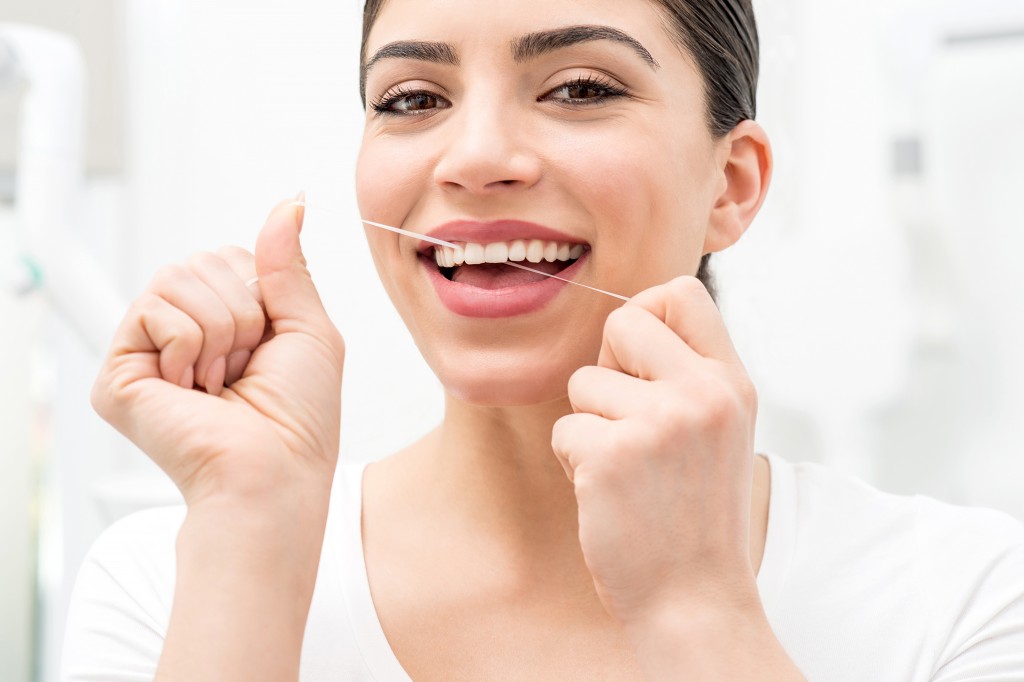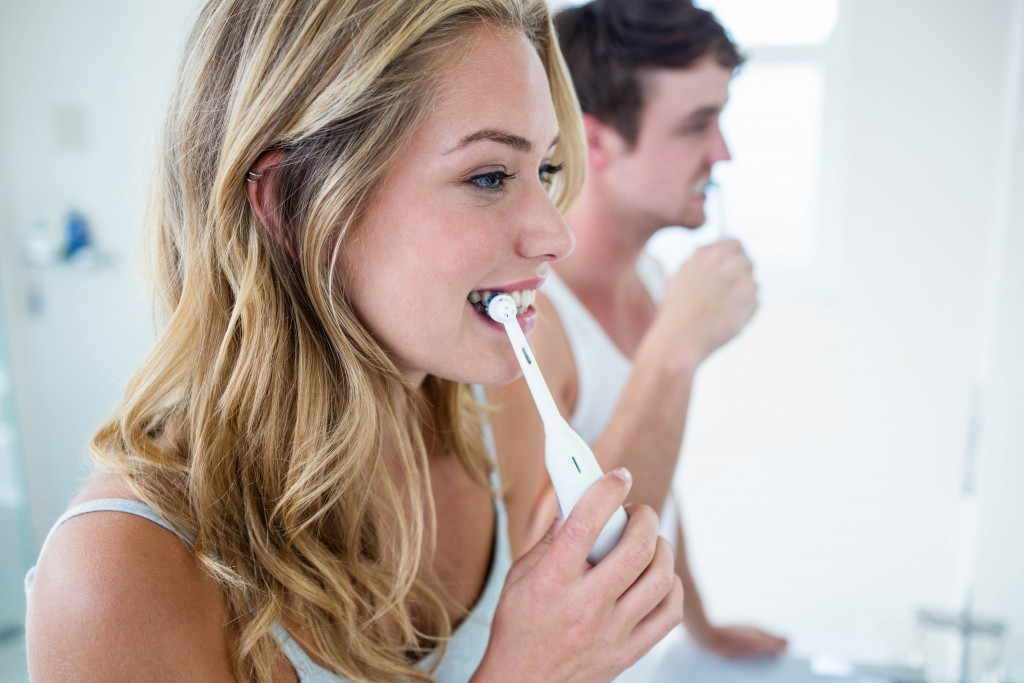Oral care is something that’s not often brought up when we talk about health. It’s easy to overlook these when most of our attention is on what to eat or how to exercise. However, dental care is still an integral part of our overall health and well-being. Thinking that just brushing regularly will do the job is insufficient; just like our whole body, there is no single way to take care of it. Our teeth and gums play an important role in staying healthy (you can’t eat good food with bad teeth, right?), so it’s best to take as much precaution as necessary.
Prevention Is ALWAYS Better Than a Cure
Simply put, a lot of dental woes can be minimized if we’re more careful with what we eat. Our teeth are rather tough, yes, but we also need to be wary and not abuse them. You can start this by avoiding too much of one thing because as always moderation is key. Here are some food and beverages best kept to a minimum:
Candy, Soda, and Other Sugary Treats
This includes the wide array of sugar-based treats like hard and soft candy, sodas, fruit juice, chewing gum, lollipops, gumdrops, even lozenges! Frequently consuming sugary types of food leads to tooth decay and cavity, as the sugar that makes up most of their ingredients becomes a viscous, sticky fluid that sticks on your teeth. This fluid then prevents your saliva from neutralizing the acid or remineralize the enamel on your teeth. The increased acidity then causes enamel erosion that makes your teeth weaker and more brittle. The sugary fluid is also a magnet for bacteria, causing the build-up of plaque and other dangerous germs.
Starches That Lead to Sugar
It’s hard to escape sugar, what with most of our food having them as a necessary ingredient. Another thing to keep in mind is that the processed form of starch breaks down into sugars in the mouth, thereby increasing the risk of the aforementioned negative effects of sugar. Processed starch is commonly found in pasta, white bread, and potato chips.
Everyday Teeth Care

Even though dental care has leaped bounds compared to 25 years ago, you still wouldn’t want to suddenly have an emergency visit to the dentist. Now that you know what food to avoid, here are some tips on the actual process of caring for your teeth.
1. Brush properly, brush often
Throughout our lives we’ve heard people espousing the benefits of regularly brushing your teeth. So much so that it has become quite mundane to hear ‘brush your teeth’ being preached. However, brushing your teeth IS effective in keeping it healthy. But a 30-second mandatory brush before you sleep isn’t enough. It’s better to be careful and thorough, making soft, circular motions to remove bacteria and plaque build-up. It’s also better to have a soft bristle toothbrush since there’s also the danger of brushing the enamel off your teeth (something quite easy if your toothbrush has hard bristles).
The toothpaste you use also matters- just remember to get toothpaste with fluoride. It’s a natural chemical that restores enamel. While it cannot stop the spread of decay, it makes a strong outer coat on your teeth, preventing the further spread of cavity or decay. Brushing with soft bristle toothbrush and fluoride toothpaste after every meal is easy to do but it helps a lot.
2. Floss
While we often hear dentists preach about flossing, it’s something that most the population ignore. This is unfortunate as flossing has quite the number of benefits attached to it. For one, it gets those food bits stuck in between our teeth out. This helps in keeping your breath fresh because food debris can contain bacteria that cause an unpleasant odor. It also removes plaque where the toothbrush doesn’t reach- and this is important. Unaccounted plaque can lead to gum disease, inflaming and infecting your gums and slowly eroding the soft tissues. If left unchecked, this can turn into what is known as ‘periodontal disease’ which can result in a terrible case of tooth decay and root canal. Better floss now than suffer pain later.
3. Visit the Dentist
As kids, trips to the dentist are often met with repulsion and rejection. But as adults, it’s just responsible to get our teeth to check consistently. We put our teeth and gums to much work on a daily basis that it’s inevitable to have minor complications. To prevent them from ballooning into something bigger, regular visits to the dentist is in order. Most dentists suggest a check-up (and cleaning, if necessary) every six months. That shouldn’t be too much, as health is and should always be a priority.

